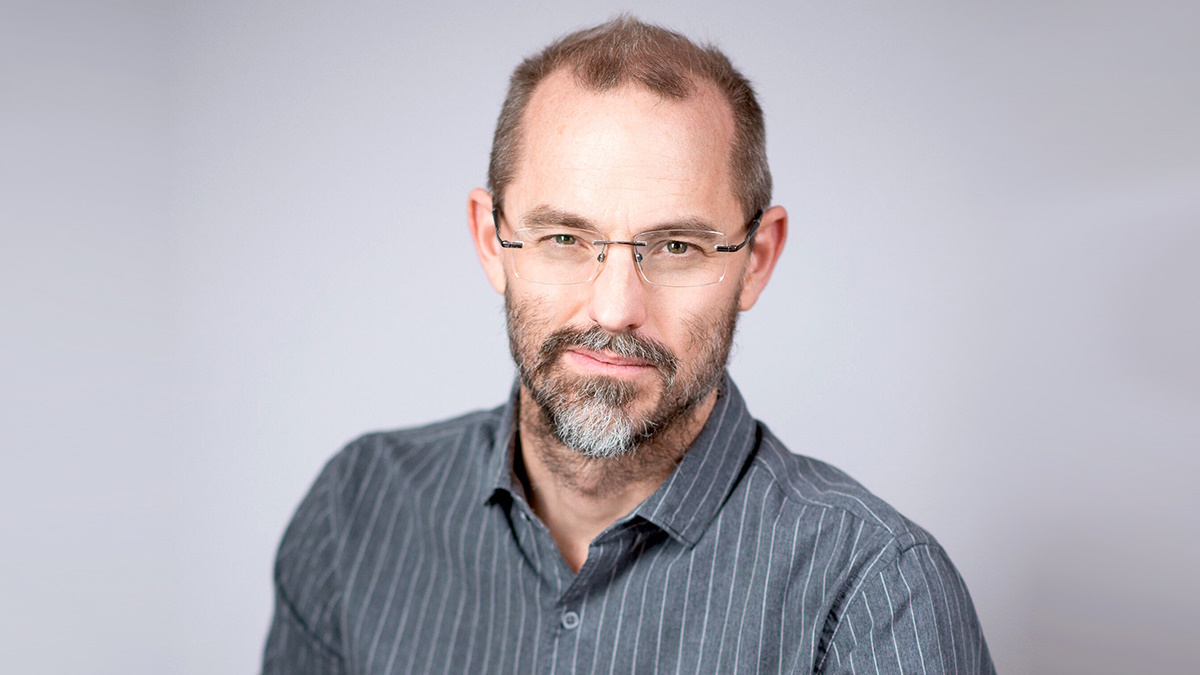ITWeb contributor Phillip de Wet.
It could have been a whole lot worse. Ahead of South Africa’s big sit-down with US president Donald Trump, a lot of tactical thinking naturally revolved around Elon Musk. In part because of the personalities at play (Musk is a little less capricious than Trump) but also because the South African team felt it had better leverage when it came to Musk.
Hence, some people thought long and hard about how, not to put too fine a point on it, South Africa could bribe Elon Musk.
The gift would need to represent a political victory for Musk, as well as being to his direct benefit, so the BEE requirements holding back Starlink’s entry into SA was an obvious choice.
That’s where it got a little weird. SA had one shot at this, and the stakes were incredibly high; better to overshoot. That brought a startling suggestion: waive BEE requirements entirely for satellite operators.
For South Africa, this would have represented a monumental – and potentially long-term disastrous – concession.
Whatever the pretext used, splitting out satellite operations from the rest of the telecoms sector would have opened multiple cans of worms.
SA has a three-decade history of choosing political principle over economic common sense when it regulates. Particularly in sectors such as telecommunications, where infrastructure requires either scarce spectrum or mandated rights-of-way, and where ongoing operations have to be regulated because of needs such as interconnection and portability.
Since the late 1990s, I’ve watched economists and analysts beat themselves senseless against a wall of indifference to arguments that telecoms, even more so than the broader ICT sector, has a unique multiplier effect. They espouse that a tiny decrease in the cost of communications resonates across the economy, that a slightly faster build-out of infrastructure or a little bit more choice and flexibility can open up entirely new markets.
Two generations of politicians have nodded along as these experts expounded and then regulated with transformation as the key consideration in the belief – right or wrong, I still don’t know – that broader social objectives had to take precedence.
But, as the investment managers who choose where in the world to allocate capital always say, rather bad but consistent policy than better but unpredictable policy.
Whatever the pretext used, splitting out satellite operations from the rest of the telecoms sector would have opened multiple cans of worms, bringing legal challenges, pressure from multinationals in other sectors, and serving as ammunition for the foes of the GNU.
Could such an offer have prevented Trump’s video-led ambush of Cyril Ramaphosa in the Oval Office? I don’t think so, but I don’t blame those who foresaw such treatment for pushing a plan that at least had a chance of success.
Nor can you blame Ramaphosa for not actually playing the Starlink card that SA ultimately came up with – because that would have gone incredibly poorly.
On Starlink, the big decision was that, at some point in the future, after the legislative wheels have turned in full compliance with current rules, the option to substitute BEE equity for good deeds could maybe be broadened and streamlined in order to attract more investment to South Africa.
Now, from South Africa’s perspective this is a common-sense approach to overcoming a hurdle not only for those who can’t, but those who won’t, give up shares. Especially when it means black South Africans don’t get to directly participate in the upside of what may be very high-growth industries exploiting the natural resources they own, such as spectrum.
Had Ramaphosa floated that to Musk’s face over lunch, it would have made no difference how he presented it. Musk would have heard “we’re going to tax you extra because you aren’t black”. Possibly followed by an explanation of how his company would be treated just like Google, Microsoft and Amazon, as Ramaphosa framed the plan at a later press conference.
It’s hard to say which of those would have triggered the more vehement response from someone who thinks South Africa is persecuting white people, and that his space ventures are far more important than any mundane, terrestrial corporate mission because it is about making humanity a multiplanetary species.
In the end, South Africa neither threw out the rulebook nor infuriated a key player with an ill-judged offer within the rules. It did not gamble, and it did not let things go truly weird. Starlink won’t suddenly be licensed and legally operational by next week, and Elon Musk did not tell Donald Trump that, actually, he’d made an embarrassing mistake about the whole white genocide thing.
It could, perhaps, have been better. But it could also have been very much worse.
Crédito: Link de origem


